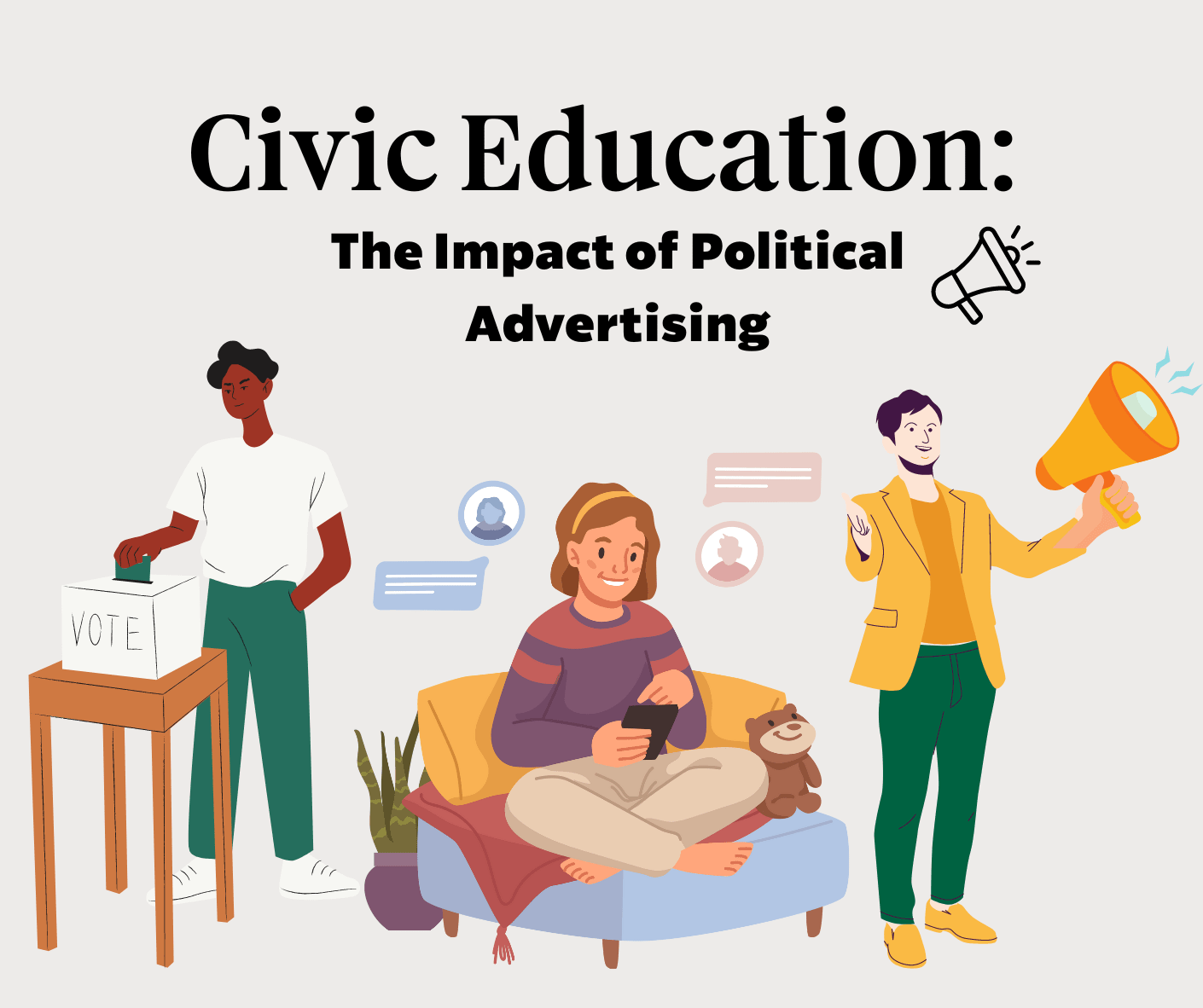
The Impact of Political Advertising on Elections and Voter Behavior
Ban political ads?
What is political advertising?
- The main goal of political advertising is to share information about a candidate's ideas and beliefs with the public. These messages can be positive, talking about a candidate's achievements, or negative, criticizing opponents. Political ads come in different mediums, such as TV, radio, social media, and online platforms.
- In the United States, broadcast TV is the largest recipient of political advertising spending, but Facebook and Google have gained popularity because of their wide-reaching audience, political advertising guidelines, and advanced technological features.
Impact on elections and voter behavior
- Candidate recognition: Political advertising significantly boosts candidate recognition. The repeated display of a candidate's name, face, and campaign pledges helps familiarize the public with the contenders. This is essential as voters tend to back candidates they recognize and understand.
- Shaping perceptions: Political advertising positions candidates as capable and reliable leaders. Positive ads aim to emphasize their achievements and leadership traits, while negative ads aim to weaken rivals by highlighting flaws and contentious choices.
- Voter turnout: Political ads can impact voter turnout by inspiring civic engagement. Advertising messages that stress the significance of voting and election stakes can boost participation. However, negative ads dissuading support for a particular candidate might reduce turnout.
Problems with political advertising
- While political advertising intends to inform, it can also amplify skepticism over message claims due to concerns over misinformation and fake news. This highlights the importance of media literacy and fact-checking.
- Post-2016 presidential election, political ads faced criticism, prompting tech giants to briefly ban them to counter misinformation. However, in the years since, platforms like Twitter and Facebook have reversed these bans.
Political advertising regulation
- The increase in digital ad spending has revealed gaps in regulating online political ads.
- Political ads are a type of speech protected under the First Amendment. Political speech is protected more than commercial speech, which is controlled by the Federal Trade Commission. Political ads are subject to limited regulation, except for disclosure requirements, which state organizations and candidates must reveal funding sources.
- On traditional media like TV, newspapers, magazines, and billboards, the Federal Election Commission (FEC) requires clear "paid for by" labels on election-related and political fundraising messages from political committees.
Amid the continuous flow of political ads, voters must lean on critical thinking and media literacy skills to inform their choices.
What do you think? How can people learn to better understand and judge political ads?